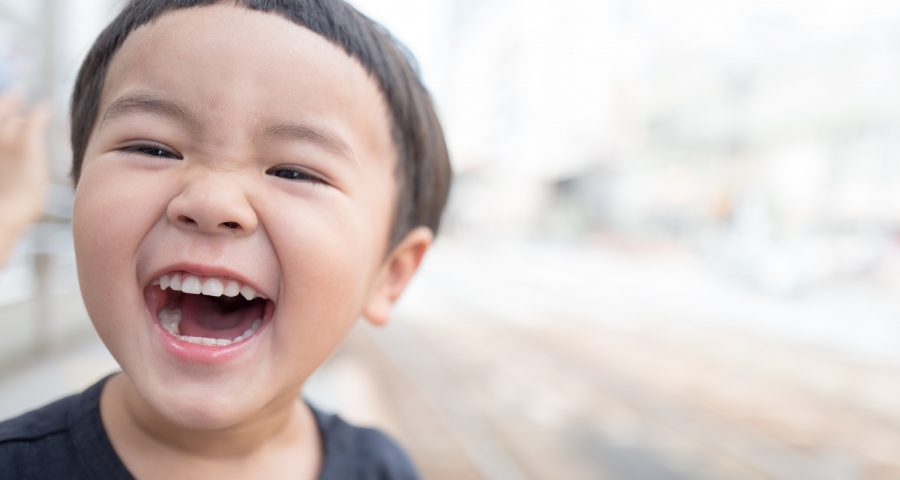My grandma used to say: ’A chubby baby means a happy baby’. But is that true?
This is Sandra Tsing Loh with the Loh Down on Science.
Meet Louis Schmidt and colleagues from McMaster University in Canada. They recorded the incomes from families whose babies were born underweight. About twenty years later, they tested the same babies — now adults. Some grew up low-income, while others were more well-off.
Subjects were shown pairs of faces on screens. They saw either happy or angry faces, paired with a neutral face. They were timed to determine whether they looked at the happy or angry faces longer.
Staring at HAPPY faces longer may mean you feel secure. Staring at ANGRY ones may mean you feel threatened.
Findings? Lightweight babies raised by families with lower income looked at HAPPY faces longer–match! If more well-off, they looked at ANGRY faces longer–mismatch!
Schmidt sees a connection – how similar babies’ environments are before and after birth may affect their feelings as adults.
As do smiley face emojis! And for me, cats on rubos…but maybe that’s DME.
References: Schmidt, L. A., Fortier, P., Lahat, A., Tang, A., Mathewson, K. J., Saigal, S., Boyle, M. H., & Van Lieshout, R. J. (2017). Developmental programming of happiness. Developmental Psychobiology, 59(6), 715–722. https://doi.org/10.1002/dev.21524

